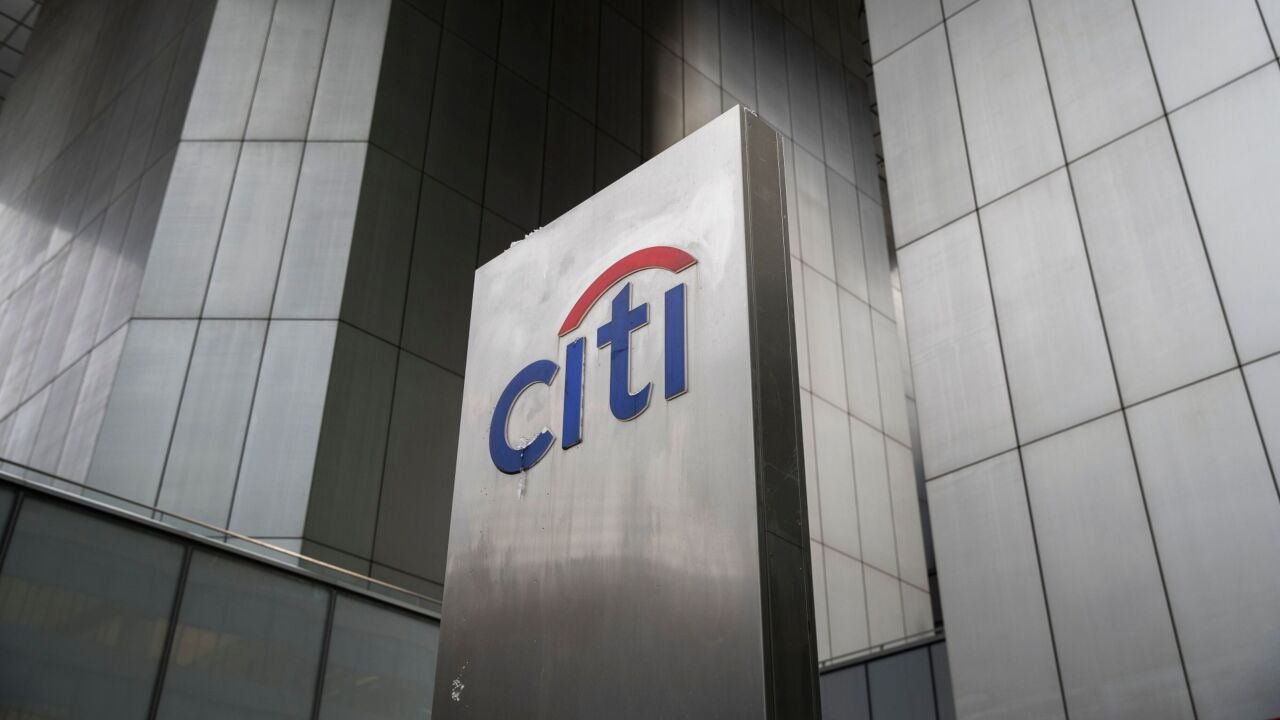-
WASHINGTON Financial regulators are seeking to establish new standards to gauge the racial and gender diversity policies at companies including everything from employees, customers and suppliers.
October 23 -
Dodd-Frank did its part to ensure the 20 federal financial regulatory agencies do right by minorities and women. How are things going so far? Good but not great.
July 20 -
Rep. Maxine Waters, the ranking member on the House Financial Services Committee, said she and some colleagues are frustrated with the pace of work to implement diversity provisions of the Dodd-Frank Act.
March 5
Congress passed the Dodd-Frank Act in an effort to remedy critical failures and implicit bias in our financial system. A key part of that effort is now approaching a crossroads. If all goes well, we could establish standards that lead to a more vibrant, diverse and responsive banking sector. The alternative is that yet another set of well-meaning reforms will wind up as little more than feel-good rhetoric.
We are referring to the
One year ago, the OMWIs in six of those agencies issued a set of
Unfortunately, while the draft standards contain some excellent language on diversity best practices, they are disappointingly short on specifics. History tells us that what gets measured gets done. While the OMWIs are not empowered to enforce diversity practices, nothing in the law prevents them from creating stringent, transparent standards for reporting and disclosure. For that reason, we have joined with other advocates to propose the following changes for the final standards:
Mandate reporting.
The proposed standards allow regulated entities to conduct self-assessments on employee and supplier diversity and voluntarily submit these findings to the agencies. But self-assessments open the door for institutions to offer spin rather than data. Meanwhile, a voluntary submission policy invites the poorest-performing entities to simply disregard the OMWIs, rendering the standards meaningless. Instead of voluntary self-assessments, the OMWIs should issue a mandatory data call for regulated entities.
Standardize assessments of regulated entities.
Because the draft standards read more as a list of recommended best practices than as a set of standards, financial institutions are likely to report on initiatives that present the company in the best light rather than provide hard data. Issuing a standard data call will create a transparent benchmark for industry, allowing the OMWIs to compare similar institutions and saving regulators a lot of time and resources as they sort through 70,000 reports.
Clarify the language of the standards and establish clear next steps in data collection.
The final standards should outline specific procedures for the data collection process and provide a timeline for the process to ensure that the assessments are consistent. The OMWIs should also establish regular periods during which they will ask financial institutions for their personnel and supplier diversity information, receive the data and publish the results.
Establish an advisory committee knowledgeable in diversity issues.
A committee that includes representatives from the nonprofit, private and academic sectors could help the OMWIs better understand diversity and inclusion in the financial sector as well as existing best practices in other fields, helping them to craft more precise questions that yield more useful data.
Increase public access to data on regulated entities.
Several California regulatory bodies have taken major strides in diversity programming simply by making industry reports public. Without requiring quotas, mandates, penalties, or endangering trade secrets, the OMWIs can use transparency to incentivize regulated entities to increase their utilization of minorities and women.
Leaders of the financial regulatory agencies have long pledged their support of diversity and inclusion initiatives. We now have an irreplaceable opportunity to make those pledges concrete. To accomplish this, agency leaders must give the OMWIs full support to make the final standards quantifiable and as strong as possible.
Orson Aguilar is executive director of





